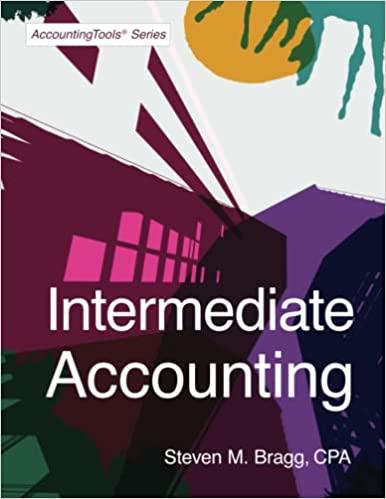Question
QUESTION 13 P is a publicly held corporation with a subsidiary S of which P has always owned 100% of the outstanding stock. P has
QUESTION 13
-
P is a publicly held corporation with a subsidiary S of which P has always owned 100% of the outstanding stock. P has taxable income of $1,000,000 and S has taxable income of $100,000.
a. Corporate income tax on P is $340,000 and on S is $22,250.
b. The tax is as in answer (a.) as long as P and S have consented to an apportionment plan giving 100% of the lower bracket benefits to S.
c. The corporate income tax rate in 2020 will be a flat 35%.
d. None of the above.
QUESTION 14
-
Same facts as question 13 and add that S distributed a dividend of $50,000 from its taxable of $100,000 so that P has potential additional taxable income of $50,000 and add that P has not owned S always but the distribution is from E&P earned when P owned 100% of S and P owned 100% of S in the year of distribution.
a. Ps taxable income does not increase because of the 100% DRD.
b. P has additional AMT exposure because 80% DRDs are an AMT ACE adjustment.
c. Ps corporate income tax is $340,000.
d. All of the above.
e. None of the above.
QUESTION 15
-
P Corporation is a publicly held corporation which owns 10% of S Corporations stock. S Corporation has taxable income of $100,000 and distributes a $50,000 dividend to P. P has taxable income of $1,000,000 before the dividend.
a. Ps corporate income tax is $345,100 on $1,015,000 of taxable income. S Corporation tax is $22,250.
b. Ps corporate income tax is $345,100 and Ss corporate income tax is $34,000.
c. P Corporation owes AMT.
d. None of the above.
QUESTION 16
-
E Corporation learns that F Corporation (a large public company) will pay a large dividend so that before the record date E buys 1 share of F for $500, receives a $250 dividend 30 days later, and sells the stock for $250 on the next day.
a. E Corporation has a 70% DRD equal to $175.
b. E has a $250 capital loss.
c. a and b.
d. None of the above.
Step by Step Solution
There are 3 Steps involved in it
Step: 1

Get Instant Access to Expert-Tailored Solutions
See step-by-step solutions with expert insights and AI powered tools for academic success
Step: 2

Step: 3

Ace Your Homework with AI
Get the answers you need in no time with our AI-driven, step-by-step assistance
Get Started


